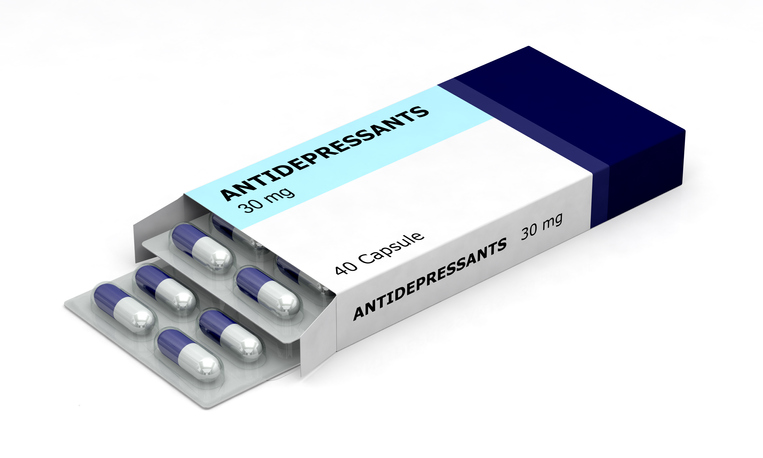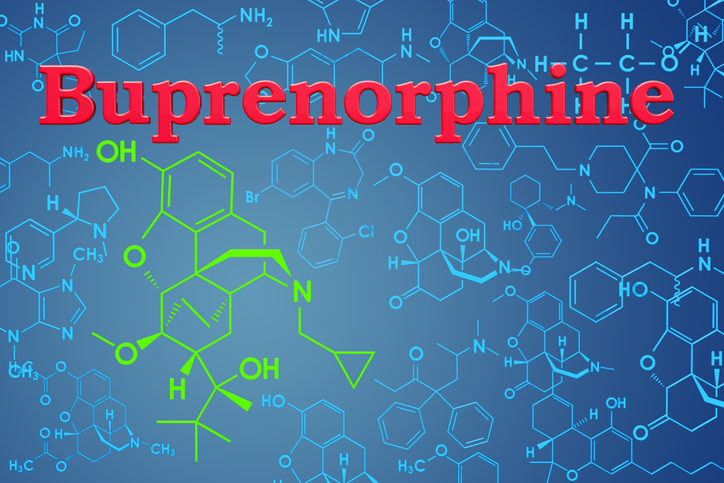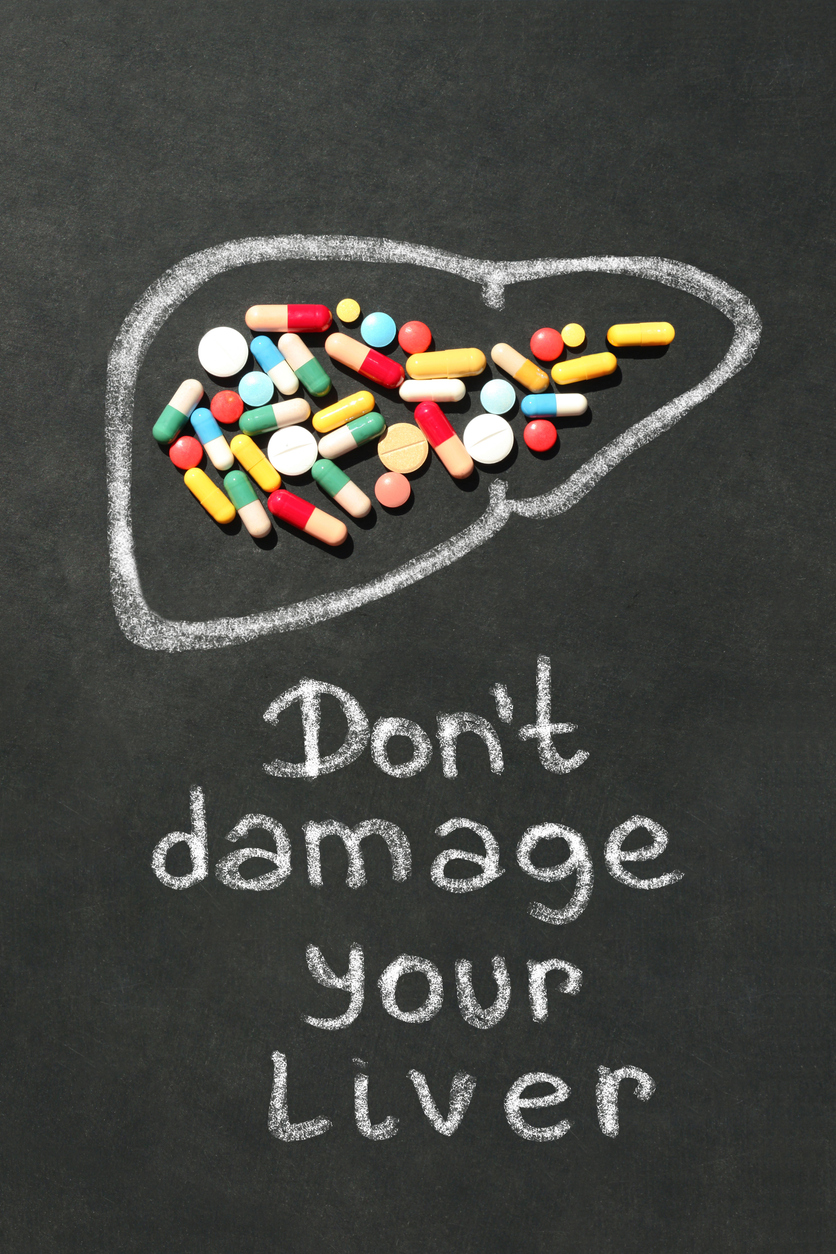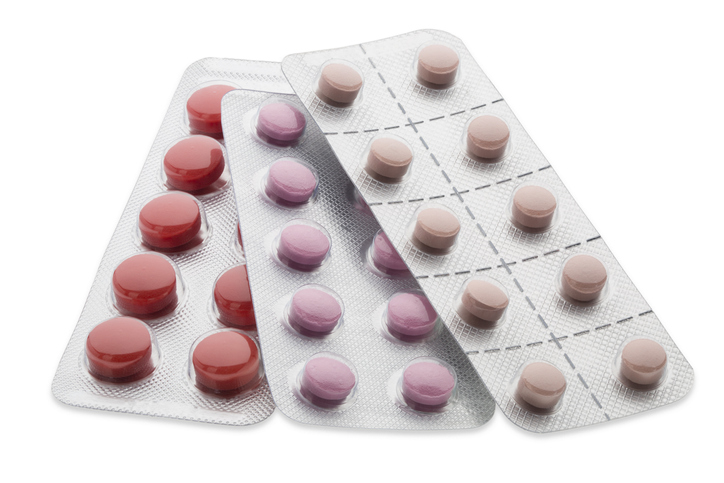Treatments
Types of Antidepressants

Antidepressants are prescribed medications used to treat symptoms of clinical depression by balancing certain natural brain chemicals. These medications typically take several weeks to ease depression symptoms. It is important to note that antidepressants should never be stopped suddenly.
Antidepressants are classified into different categories according to the structure of the medication and how it works. Each type of antidepressant affects different chemicals in the brain in different ways. Types of antidepressants include the following:
Tricyclic antidepressants (TCAs)
Tricyclic antidepressants were developed in the 1950s and typically cause more side effects than newer categories of antidepressants; therefore, they are not typically prescribed unless other antidepressants are ineffective. TCAs increase levels of norepinephrine and serotonin while blocking other neurotransmitters, such as histamine and acetylcholine. TCAs may also be prescribed for anxiety disorders, chronic nerve-related pain, migraine prevention, obsessive-compulsive disorder (OCD), panic attacks and post-traumatic stress disorder (PTSD). Possible side effects of TCAs include, but are not limited to, constipation, dry mouth or sedation. TCAs include imipramine, nortriptyline, amitriptyline, doxepin and desipramine.
Monoamine oxidase inhibitors (MAOIs)
Monoamine oxidase inhibitors were commonly used to treat depression from the late 1950s to the early 1970s. However, today, they are not the first line of treatment for clinical depression because of the possible serious side effects and diet restrictions. Dangerous interactions can occur with certain medications (e.g., pain medications, herbal supplements and decongestants) and some foods (e.g., certain cheeses, pickles and wines). MAOIs work by blocking monoamine oxidase enzymes, which break down the neurotransmitters dopamine, norepinephrine and serotonin. MAOIs cannot be combined with SSRIs and may cause withdrawal syndrome upon discontinuation. MAOIs include phenelzine, isocarboxazid and tranylcypromine. Selegiline, an MAOI available in patch form, has fewer possible side effects than other MAOIs.
Selective serotonin reuptake inhibitors (SSRIs)
Selective serotonin reuptake inhibitors were developed in the 1980s and are often the first choice of prescription antidepressant treatment. They work by increasing levels of serotonin in the brain by preventing the reuptake of serotonin by nerves. Serotonin contributes to good mood, appetite and well-being. It also helps regulate the sleep cycle. Possible side effects of SSRIs are few and generally not severe. SSRIs include escitalopram, sertraline, citalopram, paroxetine and fluoxetine.
Serotonin and norepinephrine reuptake inhibitors (SNRIs)
Serotonin and norepinephrine reuptake inhibitors were developed in the 1990s. SNRIs increase norepinephrine and serotonin levels in the brain by delaying their reuptake by nerves. Norepinephrine regulates emotions and the thought process. It also helps increase alertness, focus and memory. SNRIs include duloxetine, levomilnacipran, venlafaxine and desvenlafaxine.
Atypical antidepressants
Atypical antidepressants are medications that do not easily fit into other antidepressant categories. Each atypical antidepressant works differently. Atypical antidepressants work by changing levels of dopamine, serotonin or norepinephrine in the brain. Side effects include, but are not limited to, dizziness, lightheadedness and dry mouth. Atypical antidepressants include bupropion, trazodone, mirtazapine, vortioxetine and vilazodone.
Possible side effects
A health care professional should be consulted if side effects occur while taking an antidepressant. Side effects are possible with all antidepressants. Possible side effects include, but are not limited to, the following:
- Insomnia
- Constipation
- Diarrhea
- Weight gain
- Appetite changes
- Nausea
- Sexual dysfunction
- Tremors or shakiness (Although rare, if tremors or shakiness occur, a health care professional should be consulted to discuss changing the medication or adjusting the dosage.)
- Suicidal thoughts (Although suicidal thoughts are a rare side effect of antidepressants, a health care professional should be contacted immediately if thoughts of harming oneself or others occur or if depression symptoms worsen.)















